We have a diverse faculty with wide-ranging clinical and research interests. Many are internationally known and have been in the department for many years. We also have bright young faculty who bring new interests and enthusiasm to the practice and teaching of neurology. All clinical faculty participate in resident training, clinical practice, and research. Learn more about our faculty.
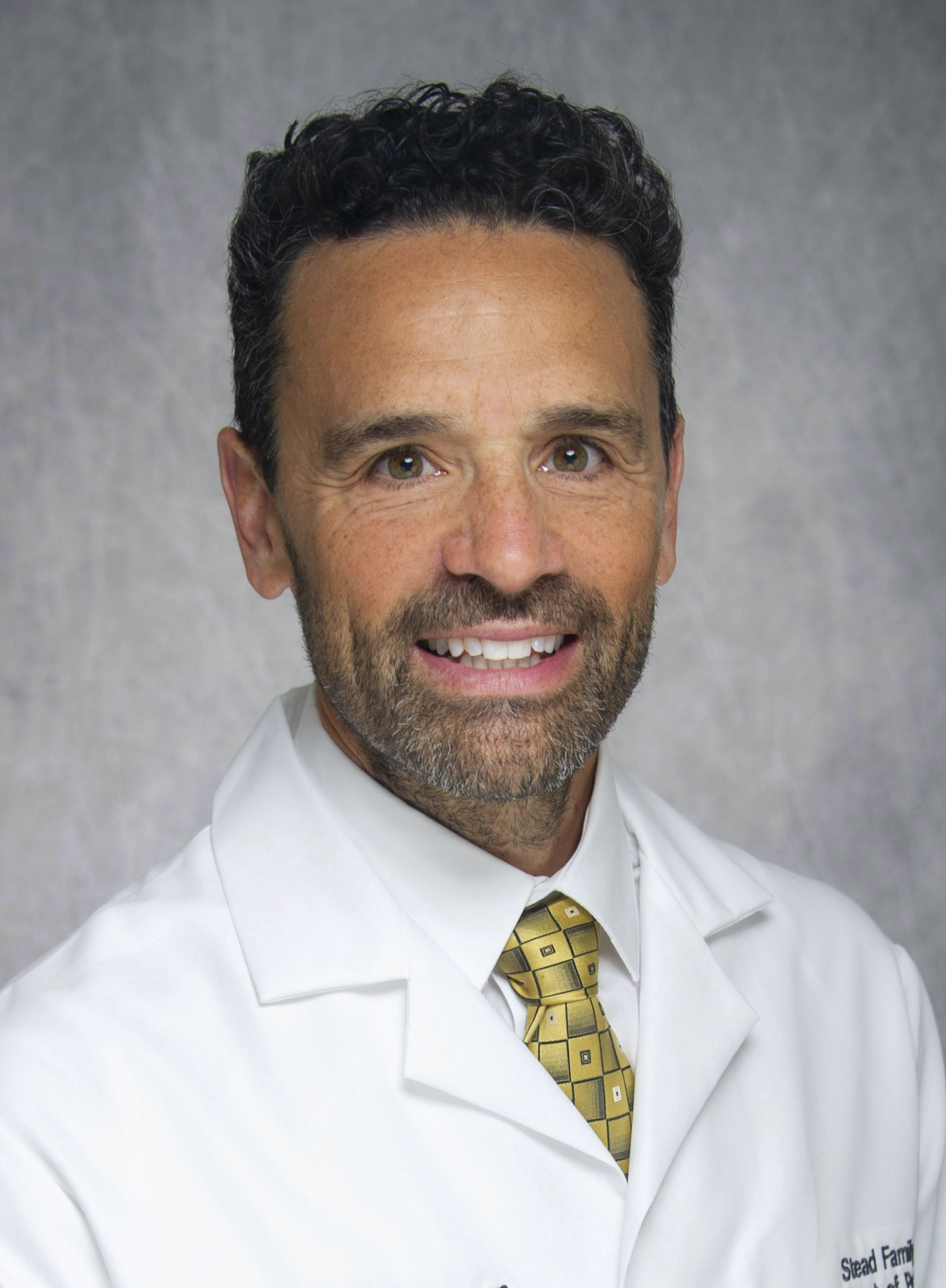
Alex Bassuk, MD, PhD investigates a wide-range of diseases including epilepsy, autism, retinal disease, retinal inflammation, retinitis pigmentosa (RP), bone inflammation and traumatic brain injury. His laboratory focuses on the molecular biology, protein biochemistry, and genetic mechanisms in human diseases and in animal models. Along with a diverse cross-disciplinary team of researchers at the University of Iowa, he is pursuing a collaborative and innovative approach to use proteomics, stem cells, fruit flies, zebrafish, and mice to rapidly translate basic science findings into clinical treatments.
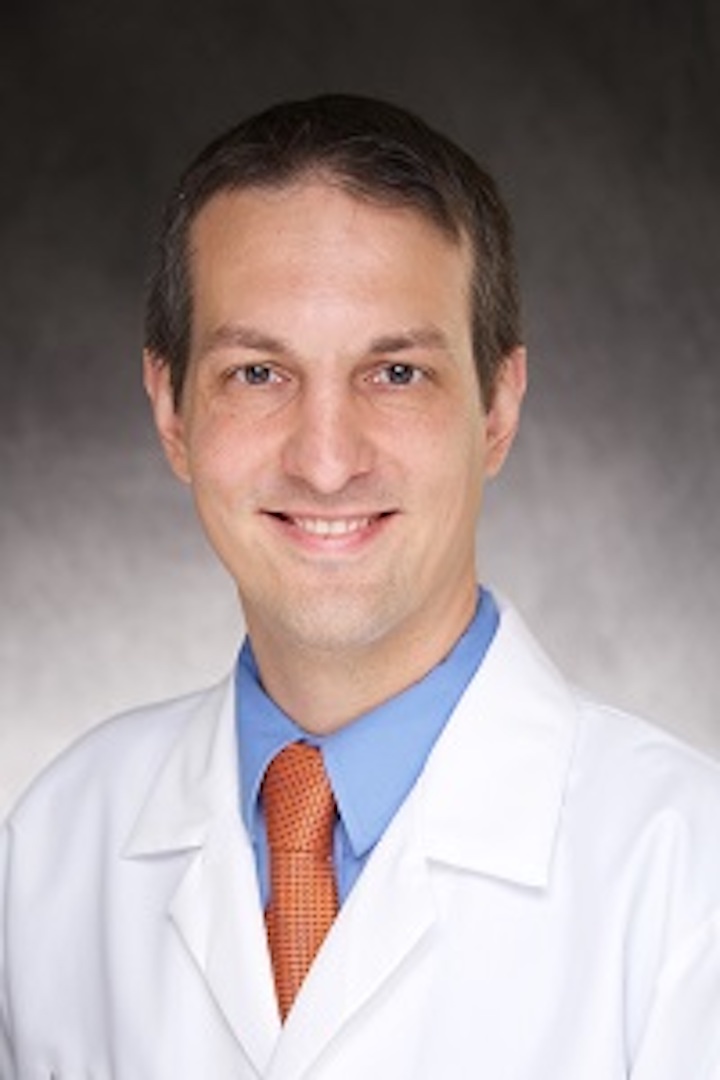
Aaron Boes, MD, PhD directs an interdisciplinary program in noninvasive brain stimulation. In addition to his time as a clinical child neurologist, he utilizes transcranial magnetic stimulation (TMS) to treat medically refractory depression in adults. His laboratory focuses on neuroimaging and brain stimulation, with a special interest in how focal brain injuries have functional effects in areas of the brain that are not directly injured. His ultimate goal is to develop novel therapeutic strategies for brain disorders through the combined use of advanced neuroimaging techniques and noninvasive brain stimulation.
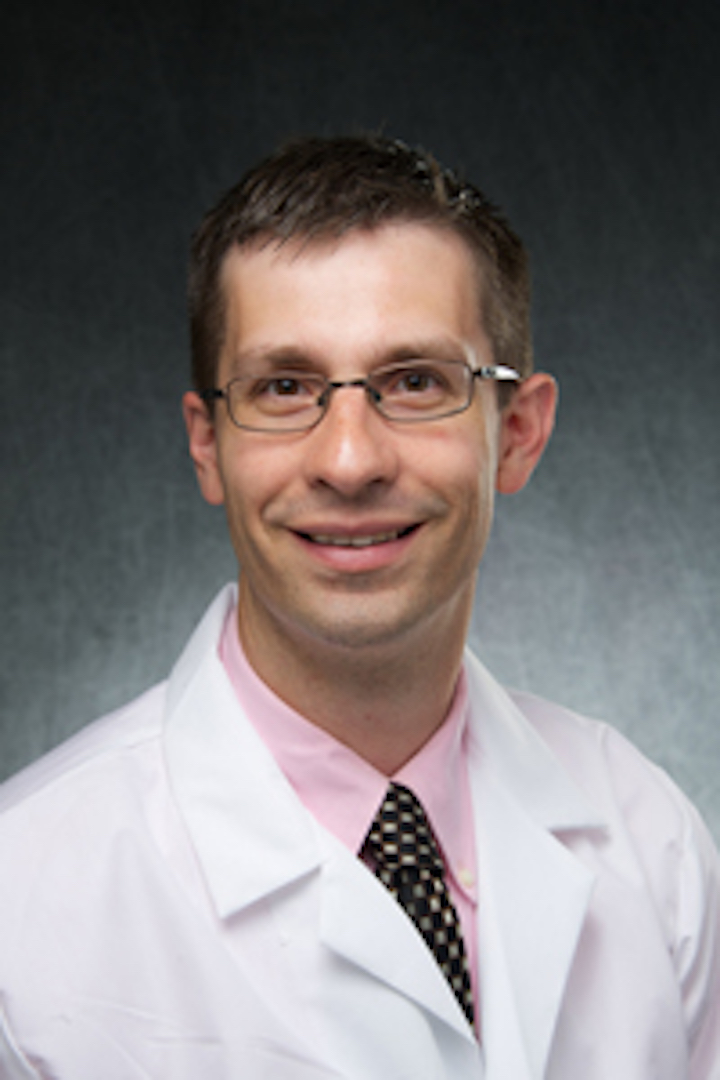
Michael Ciliberto, MD is a fellowship trained pediatric epileptologist who is dedicated to the treatment and, where possible, cure of epilepsy for the children of Iowa and surrounding states. He is comfortable with all modalities of diagnosis and treatment of medically intractable epilepsy including dietary and surgical treatments. He is enthusiastic about our participation in experimental drug trials allowing the newest pharmaceutical agents to be brought to bear in the treatment of epilepsy in his patients.
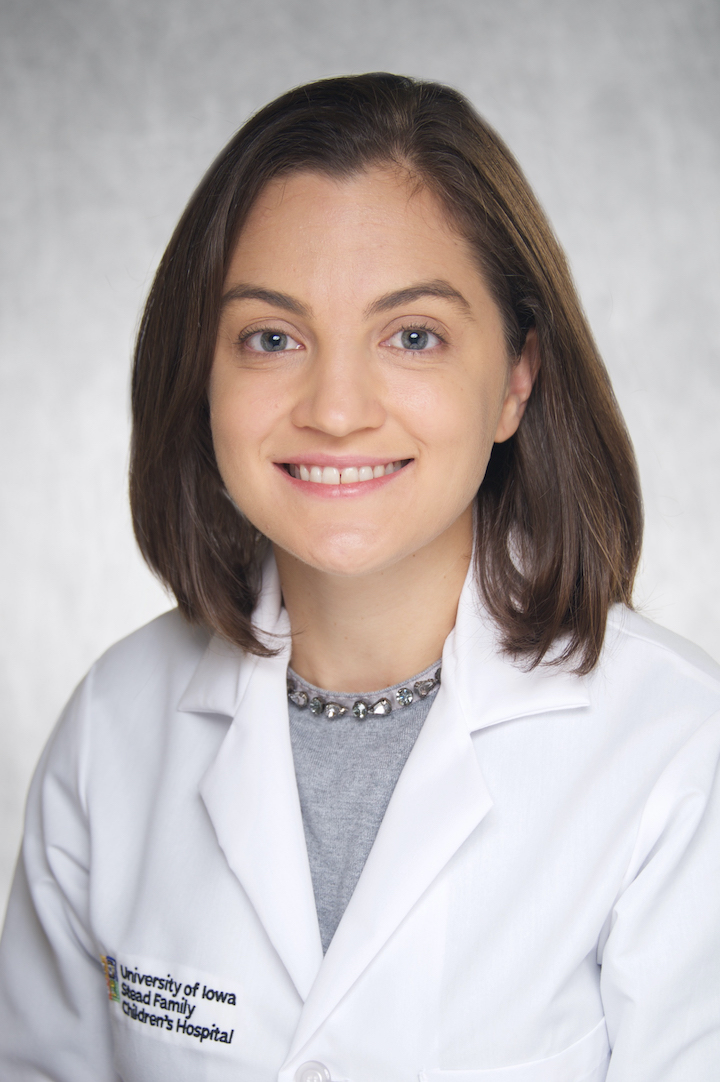
Theresa Czech, MD is a child neurologist and epileptologist with a special interest in neonatal neurology and genetics. She is currently working with the Neonatology division to establish a neonatal neurocritical care program.
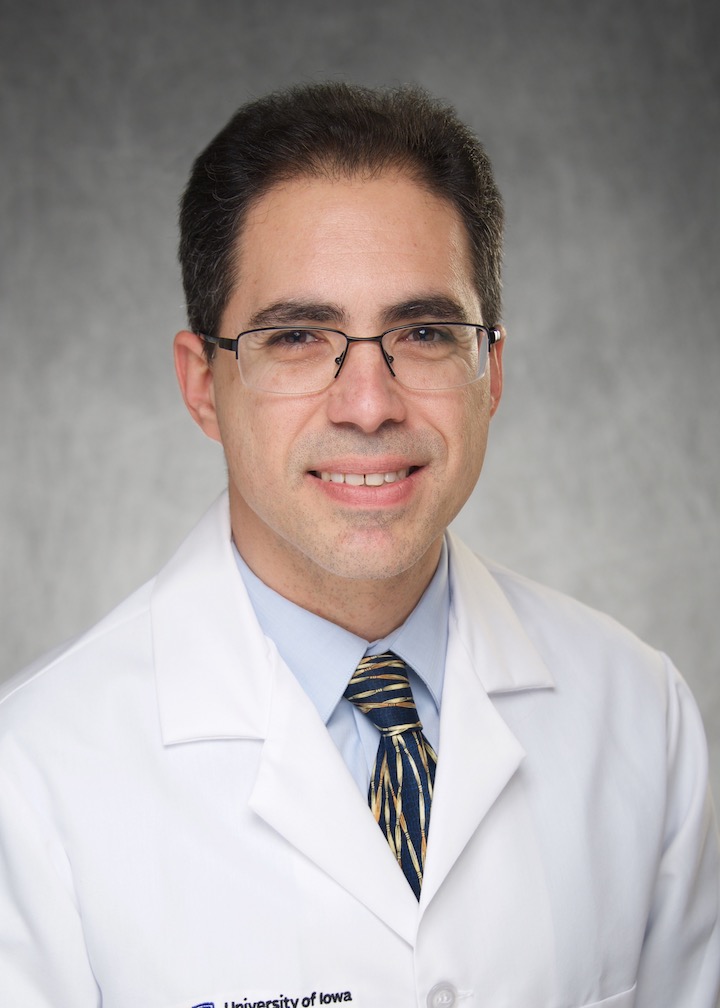
Joseph Glykys, MD, PhD investigates the pathways of water and chloride accumulation in neurons that lead to seizures, especially in the neonatal period. He runs a lab that focuses on understanding how the inhibitory system works at the cellular level, with an emphasis on how the dysfunction of the inhibitory system leads to seizures, utilizing electrophysiological and two-photon imaging. The long-term goal of his research is to understand the pathways of water and chloride accumulation in neurons and to modulate them to treat seizures.
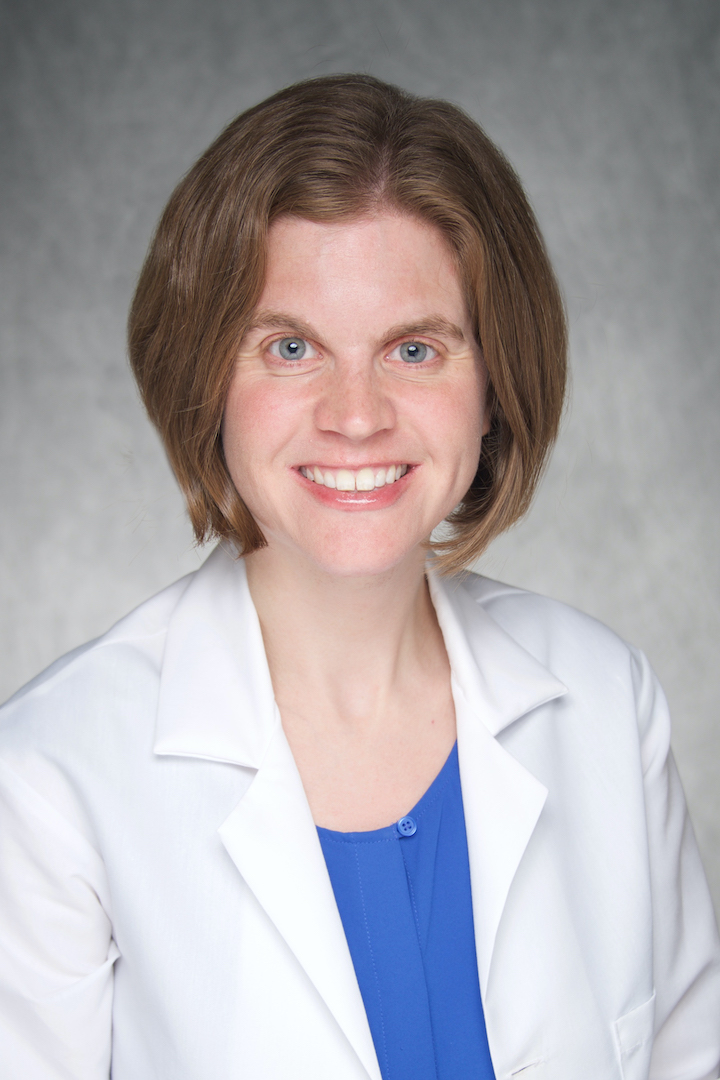
Katie Lutz MD is a general pediatric neurologist who enjoys improving lives of children and their families with a wide spectrum of neurological diseases including epilepsy, development delay, movement disorders and genetic syndromes. In addition to her general neurology clinic, she performs the lumbar punctures for nusinersen therapy for people with spinal muscular atrophy and is part of the multidisciplinary brain injury clinic improving the transition out of the hospital for children after traumatic brain injury.
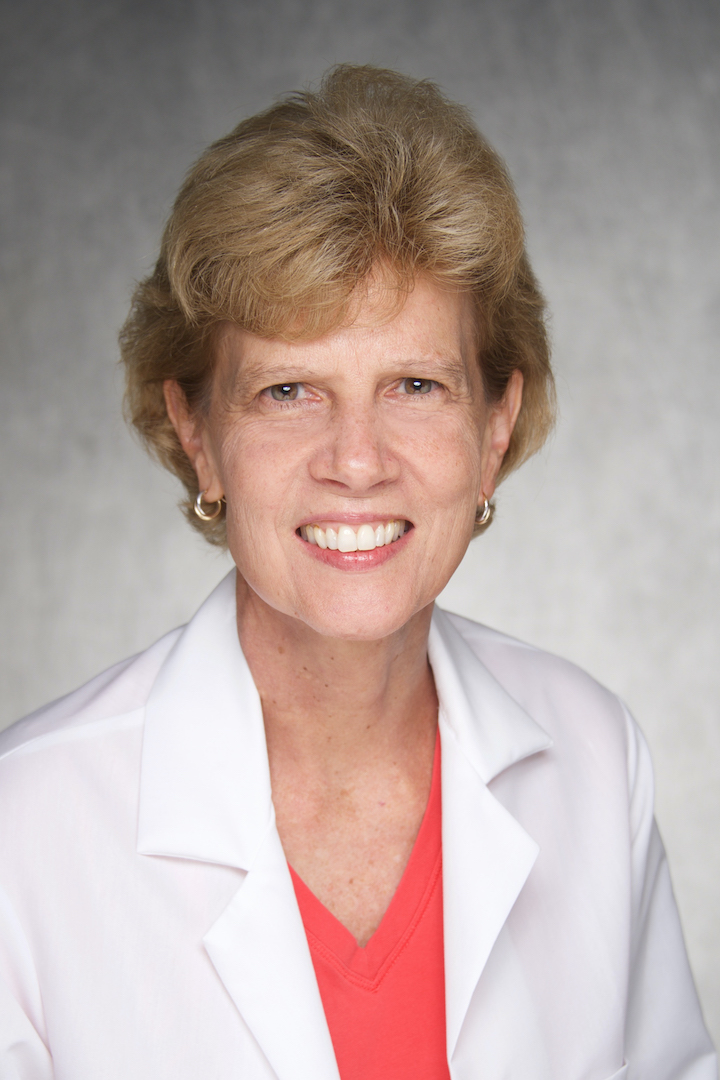
Katherine Mathews, MD is a neuromuscular specialist with additional fellowship training in genetics. She runs the Iowa Neuromuscular Program and Muscular Dystrophy clinic. She conducts clinical research directed to improving outcomes for children and adults with neuromuscular diseases. She has served on NIH and CDC working groups to define the direction of research on neuromuscular disease in the future and has become increasingly involved in collaborative clinical research efforts, many of which are laying a groundwork for clinical trials. She is the PI a project to better understand the natural history of a group of muscular dystrophies known as dystroglycanopathies through the Wellstone Muscular Dystrophy Cooperative Research Center, http://www.medicine.uiowa.edu/mdcrc/ and follows patients with Friedreich ataxia in a similar collaborative project. Dr. Mathews is co-PI for the Iowa MDSTARnet project, a CDC sponsored, multi-center muscular dystrophy surveillance and epidemiology project http://www.cdc.gov/ncbddd/musculardystrophy/research.html. As part of her commitment to improving care for patients with rare neuromuscular diseases, she leads several industry-sponsored clinical trials at the University of Iowa (see clinicaltrials.gov). She is excited about the progress that has been made in understanding and managing neuromuscular diseases and is looking forward to being able to offer more effective treatments in the future.
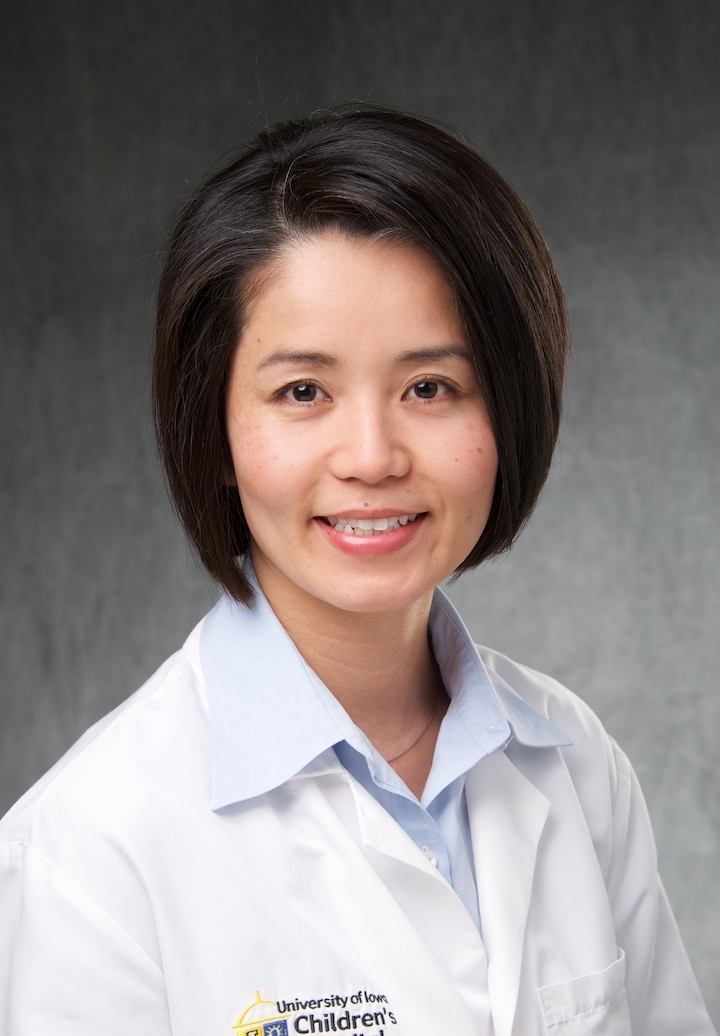
Satsuki Matsumoto, MD is a general child neurologist with a special interest in brain tumors. She sees patients in the general child neurology clinic and also collaborates with neuro-oncologists, radiation oncologists, neurosurgeons, pediatric ophthalmologists, and psychologists to deliver comprehensive care to pediatric patients with brain tumors.
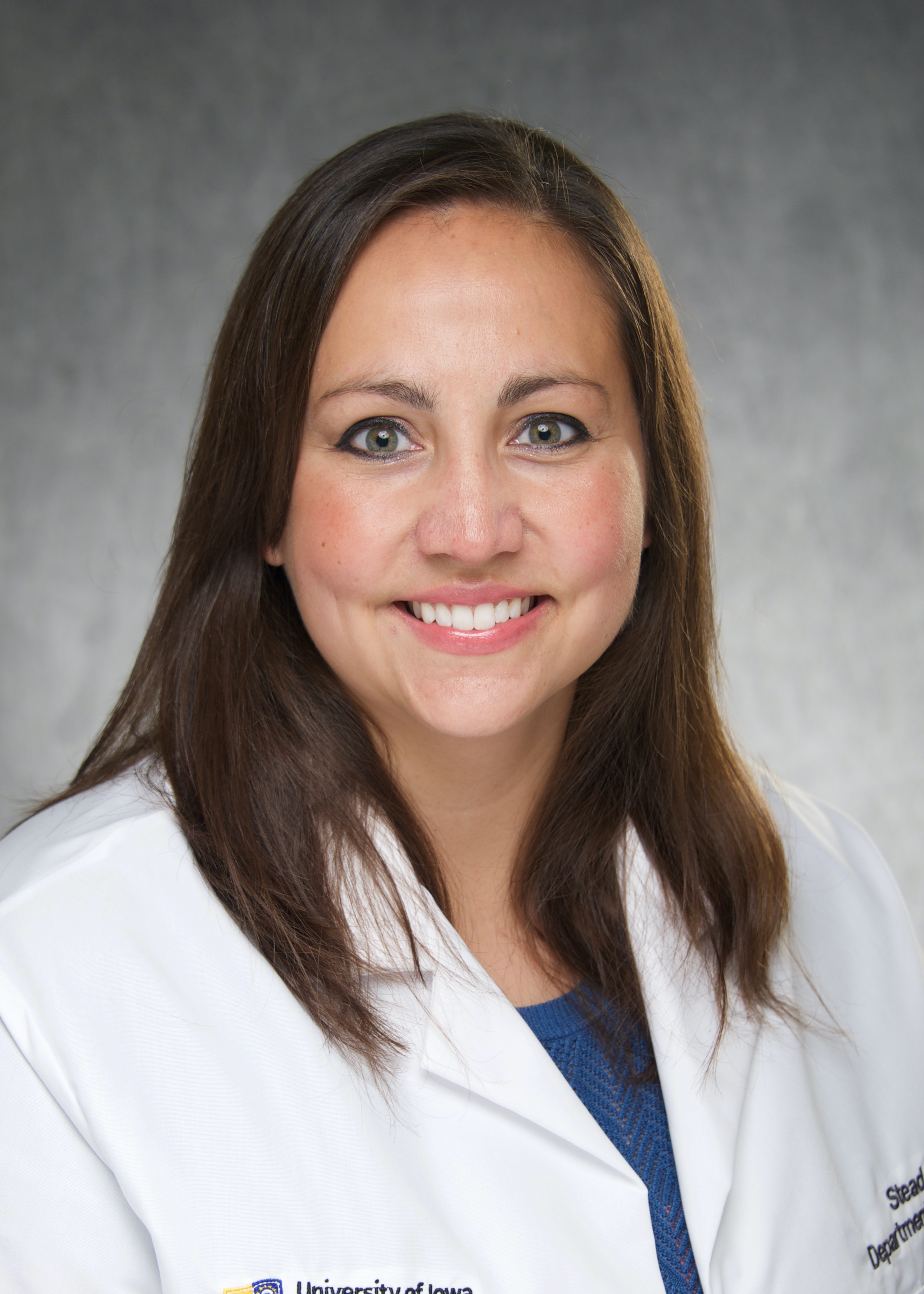
Megan Rohlf, MD is a general child neurologist who is fellowship trained clinical neurophysiology. In addition to her general child neurology clinic, she reads EEGs and runs the new onset seizure clinic.
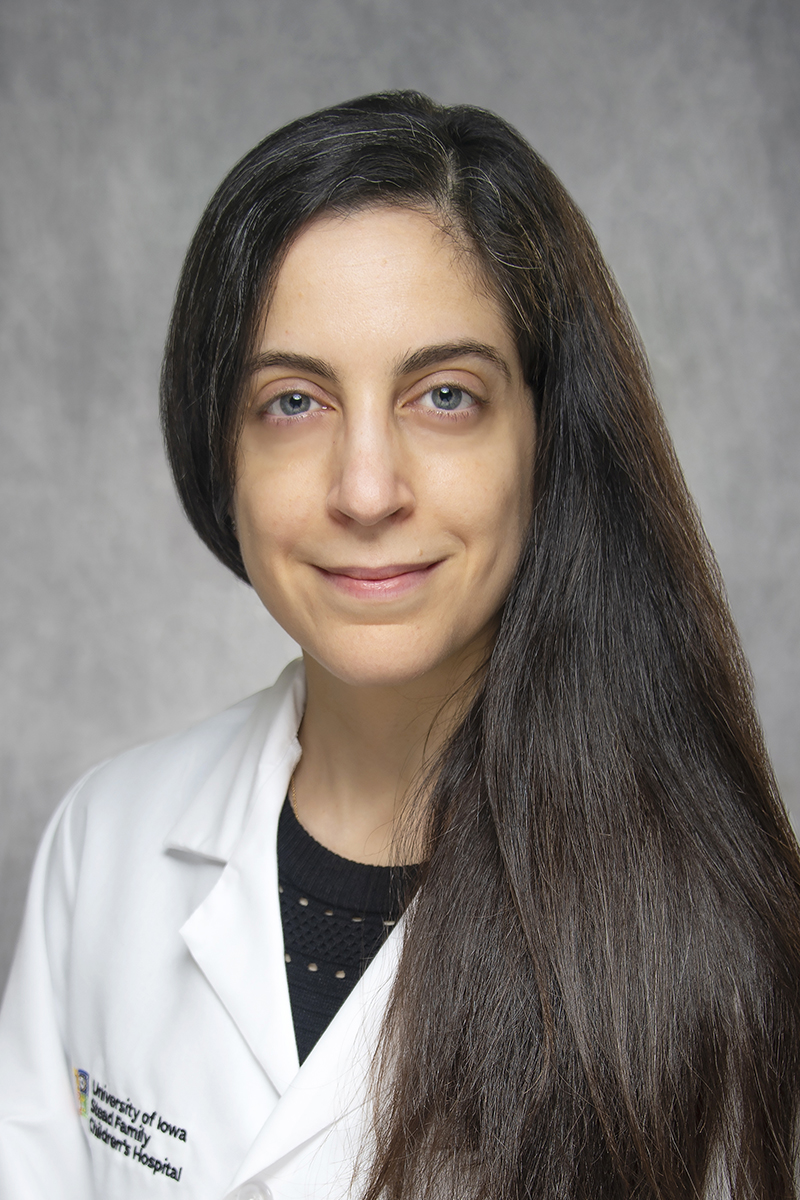
Dimah Saade, MD is a pediatric neurologist and neuromuscular specialist dedicated to diagnosing and treating children with neuromuscular conditions. She is part of the Iowa neuromuscular program and muscular dystrophy clinic. Her diagnostic skills include performing EMG/NCS. Dr. Saade also participates in clinical research studies to improve treatment of children and adults with neuromuscular disorders.
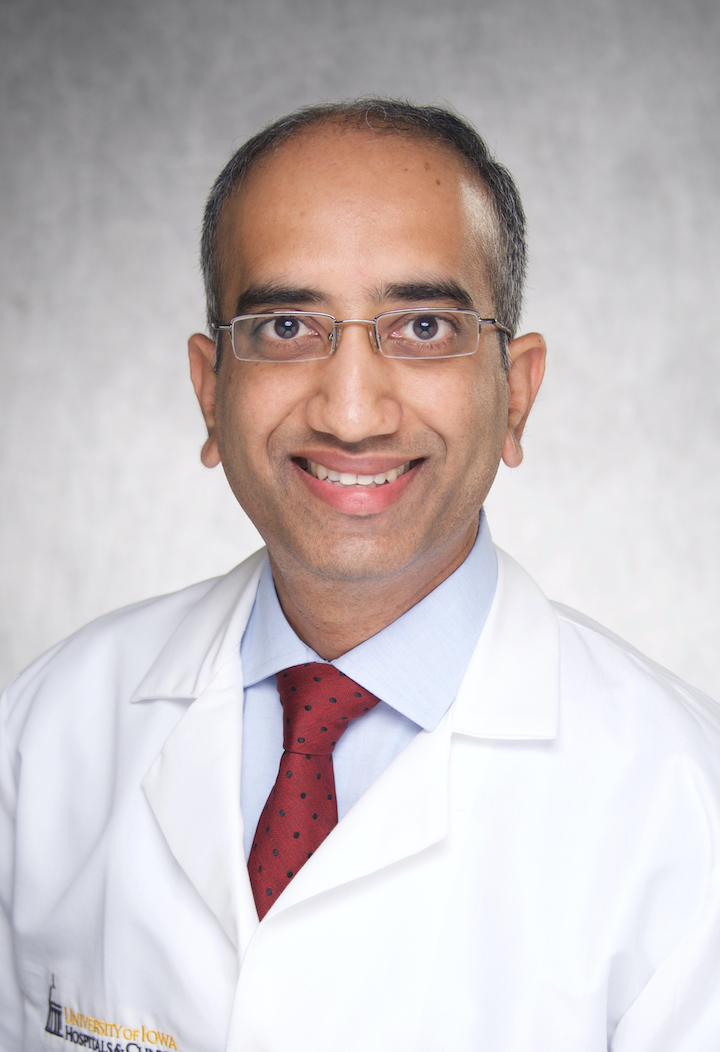
Sreenath Thati Ganganna, MBBS, MD is a pediatric epileptologist with a special interest in management of patients with intractable epilepsy, including presurgical evaluation, vagus nerve stimulation (VNS) and ketogenic diet. "I feel privileged to be working at University of Iowa Stead Family Children’s Hospital which is one of the best children’s hospitals in the country. What I like the most about University of Iowa is the amazing faculty colleagues that I work with and the amazing patients and families that I get to serve in my neurology practice. At Stead Family Children’s, professionally enriching experiences are a part of everyday life for both the faculty as well as the trainees."
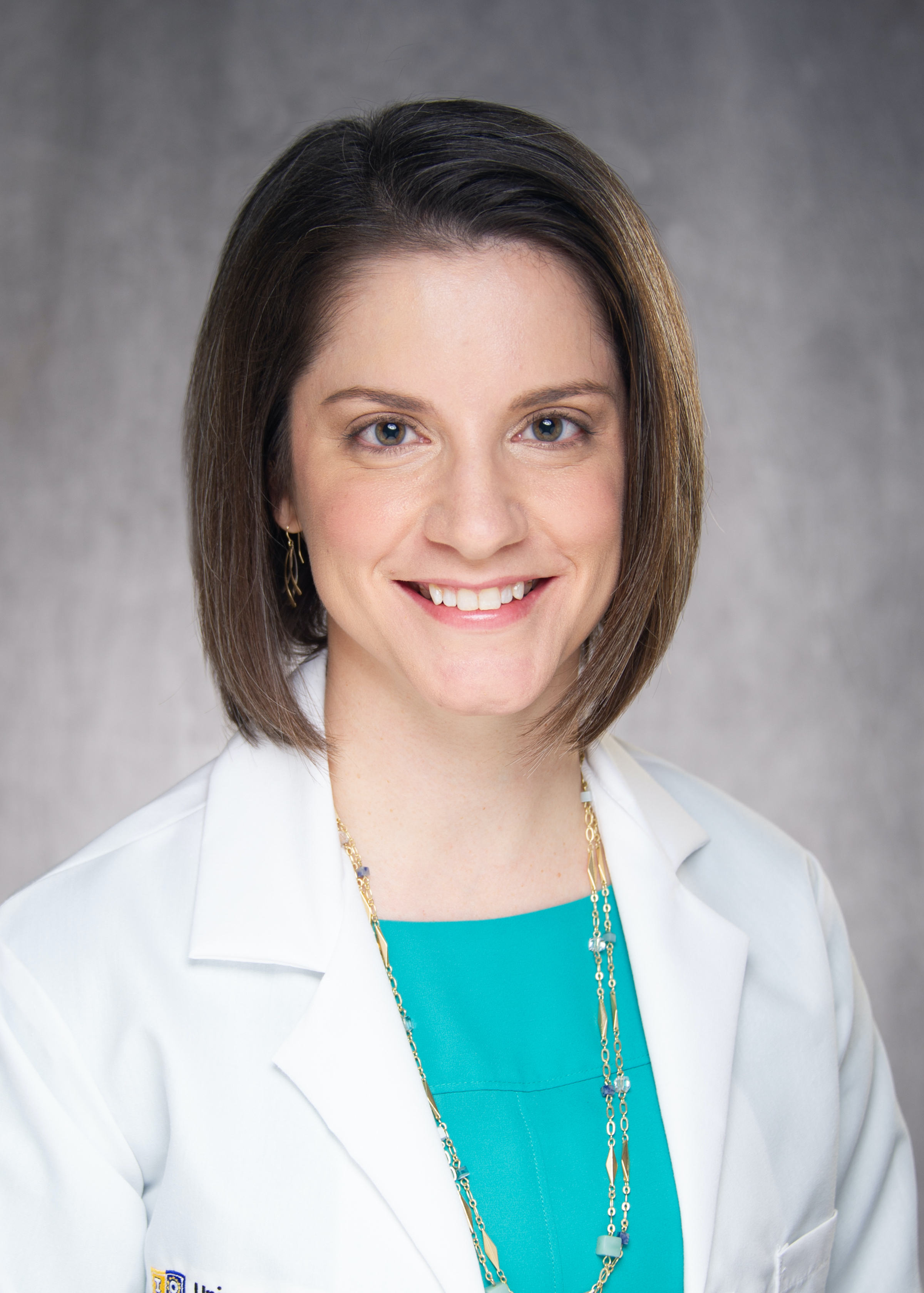
Leah Zhorne, MD is general child neurologist with a special clinical interest in headache disorders. She is passionate about improving the quality of patient care in her role as co-director of the comprehensive headache clinic and in the newly developed neurocritical care follow up clinic. She also participates in clinical research, serving as the site PI for the International Pediatric Stroke Study, and as an examiner in the Juvenile Huntington Disease Natural History Study. Leah also has a special interest in resident education. In her role as Program Director, she continually works to adapt and update the child neurology resident experience to fit the ever-changing needs of our learners.